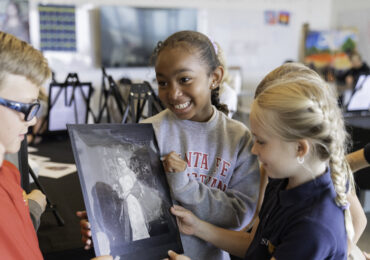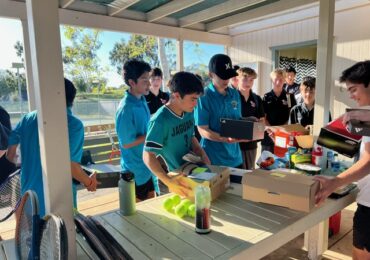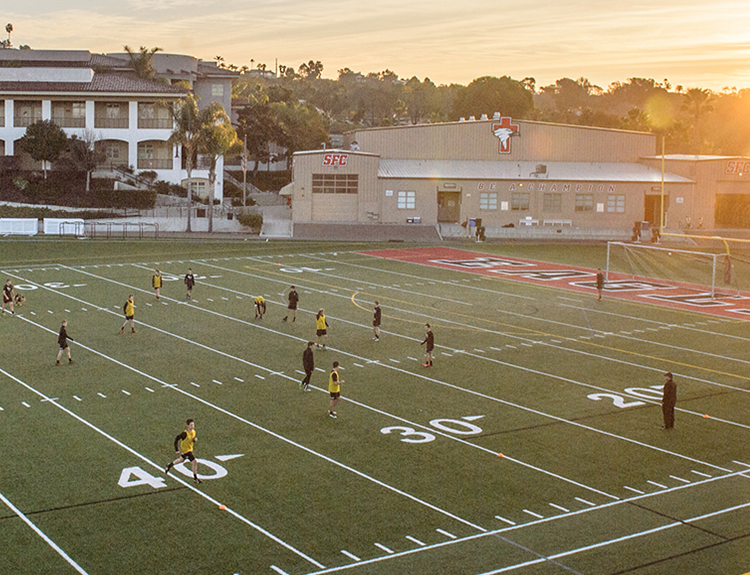I can still remember the sting of the cold air in my lungs one winter when I failed to stop a penalty kick in the championship game. As the unfortunate soccer goalie, I missed the swift shot and we lost 1-0. Did I say that I was ten years old and it was the New Hanover County Optimist Club Youth Soccer League? My soul felt so low because I let down my teammates, and I dreaded the next school day when the winning team would be waiting for us on the playground.
No dad gets it right his whole life. We make mistakes. But friends, I must say that my dad’s body language on the sidelines at that game made it all okay. My mind still remembers the soccer ball flying rapidly to my left and hitting the net, and my heart still rings with the sound of the other team cheering. But, those are minor details when I tell you what happened after the game. Dad put me in his 1979 Ford F-150 Lariat, two-toned golden yellow and pine green with a camper shell. Virtually no words were spoken when the door creaked shut and I was alone with my dad on that eternally long bucket seat. What did my dad say? “Rod, you gave it what you had. This is a tough night. But I am with you, and I am so proud of you.” I cried a lot that night, but I slept well and moved on with my life.
Five years later, I broke my collarbone on a hard tackle in a soccer game. I got the yellow card for excessive tackling. Bogus call! I was innocent! Full of adrenaline, I played for about ten minutes more without noticing the break. Then the pain struck. My mom recalls, “Everyone else was running for the ball and you stopped dead in your tracks and just fell to your knees.” Riding to the hospital in the same F-150 truck, my parents were tender and nurturing. Merely six weeks later, mom encouraged me to strap my cleats back on and get back out there. “Get going! Tackle again! Body check again! Enjoy the sport again!” So I did, and it was good.
Through these two childhood soccer experiences, my parents made imprints on my soul using subtle body language.
Some experts call this “affective leadership.” This non-verbal and verbal communication led my heart to know 1) they are with me through thick and thin, and 2) they want me to take risks and get bruised and bloodied knowing that failure, losing seasons, injuries, hurt feelings, and tearful moments are all a part of life. In 2018, Mom and Dad are still that way.
At SFC, we strive to produce champions, both as students on campus and as athletes on the field. How are you leading the children and teenagers around you with non-verbal cues? When your child makes a mistake on the field, do they hesitate ever so slightly because they feel a subtle “disappointment dagger” flying across the field from you? If they look your way, do they see anger, disappointment, or judgmental performance-based reaction from your eyes, your shoulders, and your body posture? Or, do they see forceful affirmations that say, “Try, try again!” “Stop looking at the sidelines!” “Dust yourself off and get back in there!” “Be a champion!” and “I’m a big-chested, proud dad!”




